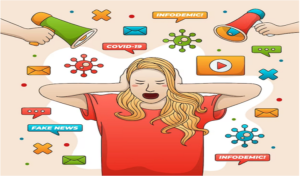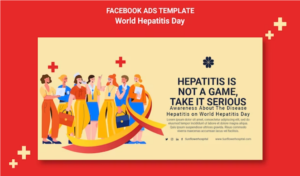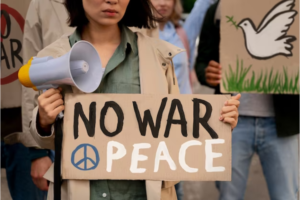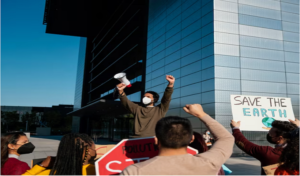Analyzing the Economic Cost of Public Health Emergencies
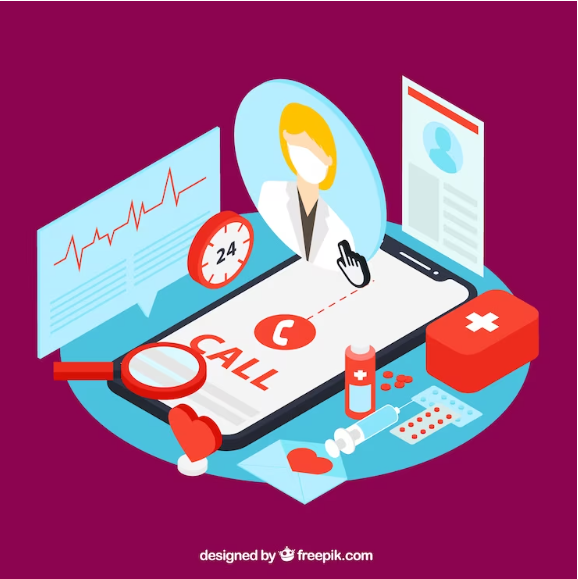
Public health emergencies are sudden, severe disease outbreaks or health crises that have a big impact on a community, area, or even a whole country. Most of the time, the direct effect of these emergencies is measured by how many people are hurt or how many lives are lost. However, public health emergencies also have a big effect on the economy. In this piece, we’ll look at how public health emergencies affect the economy and why it’s important to be proactive to stop and lessen these kinds of crises in the future.
Figure out how public health issues affect the economy
There are many ways in which a public health issue affects the economy. It can have an effect on people, companies, and governments, among other things. Here are some of the most important ways a public health emergency changes things.
Individual impact
Most public health emergencies affect people, especially those who are directly touched by an outbreak of a disease. When people get sick, they may have to pay a lot of money for hospital stays, medicines, and other treatments. They may also lose money because they can’t work or have to take care of a sick family member.
Effects on business
When there is a public health issue, it can have a big and wide-reaching effect on business. Businesses that need a real location may have to close for a short time or for good if the government orders them to or if customers don’t want to buy their products. Even businesses that can run from afar can have problems with their supply lines, which can cause delays or higher costs.
Effects of government
Most of the time, governments at all levels are the first to react to public health emergencies, which means they have to pay a lot of money. Direct costs include the cost of medical care, the cost of providing safety gear for people, and the cost of giving out vaccines or other treatments. There may also be a need for governments to help people and companies that have been hurt by the emergency.
What it costs to do nothing
Even though responding to a public health issue can be expensive right away, not doing anything can be even more expensive. If an outbreak isn’t stopped, the number of cases can grow by a factor of ten, which can increase costs and have a bigger effect on people, companies, and governments.
Economic cost
If nothing is done, it can cost the economy a lot in terms of wasted GDP, jobs, and productivity. Studies have shown that every dollar spent on emergency planning and reaction can save up to $7 in costs during a crisis.
Cost of health care
The cost to health care can also be high if nothing is done. If an outbreak isn’t stopped, the number of people who get sick can quickly overwhelm healthcare systems, which can lead to a lack of medical materials and staff. This can cause more people to get sick and die, and it can also have long-term effects on the health of those who recover from the sickness.
Social cost
The cost to society can also be high if nothing is done. Fear and worry can spread quickly during a public health emergency, which can lead to social unrest and even violence. This can make the economic and health care costs of a disaster even higher.
How important it is to take precautions
Given how much public health problems hurt the economy, it’s clear that prevention is the key to reducing the number and severity of such crises. Here are some things you can do to avoid or lessen the effects of public health crises.
Putting money into disaster preparations
Governments and businesses should put money into emergency planning to make sure they can react to outbreaks quickly and effectively. This means spending money on making vaccines and other treatments, as well as giving people safety gear and other medical supplies.
Watching has gotten better.
Better monitoring of outbreaks can help stop the spread of illness and stop outbreaks from getting out of hand before they do. This includes using tools like contact-finding apps and other tracking tools to find and stop cases quickly.Spending on public health has gone up.
Spending more on public health can help make healthcare services better and stop the spread of disease. This includes giving money for medical study, giving out medical supplies and equipment, and helping public health programmes.
Education and being aware
Diseases don’t spread as much when people are educated and aware of them. This includes teaching people basic hygiene habits like washing their hands and staying away from sick people, as well as giving accurate and fast information about outbreaks and how they affect people.
Conclusion
Public health emergencies can hurt people, companies, and governments financially in a big way. The cost of doing nothing can be high, so taking steps to avoid crises is a key way to reduce how often and how bad they are. Public health emergencies can be prevented and their effects lessened by making investments in disaster preparedness, better surveillance, more money for public health, education, and awareness.
Read More You May Like:
- Understanding Pandemics and the Impact on Society
- The Role of Vaccination in Preventing Epidemics
- The Psychological Impact of Health Emergencies on Individuals and Communities
- The Importance of International Cooperation and Collaboration Against Global Health Threats
- Examining the Causes of Infectious Disease Outbreaks

